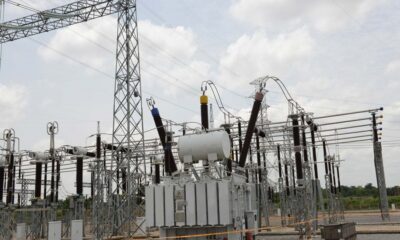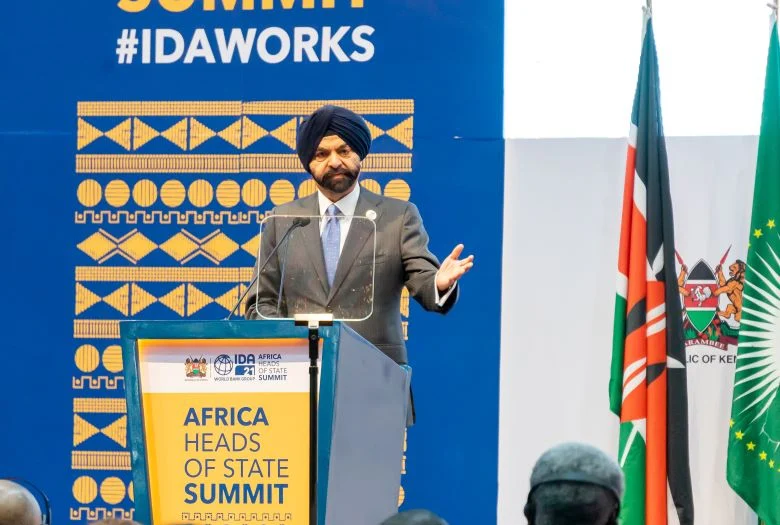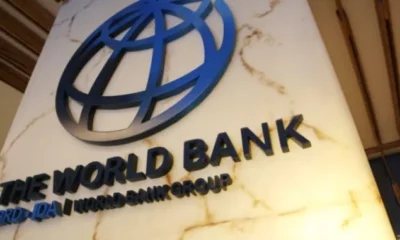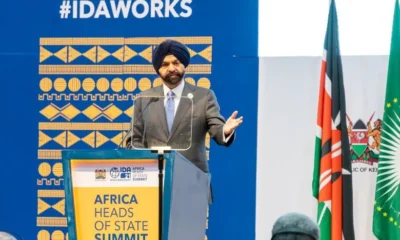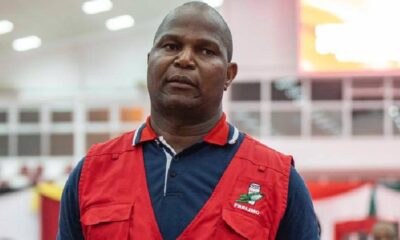Having closely followed the activities of the Nigerian parliament in the last two decades, the processes and procedures of that institution shouldn’t be strange to one anymore. After all, the Yoruba would say a body that has spent three years under the ground is no longer a visitor to the grave.
But I must confess, the ways of Nigeria’s 10th Assembly are not only becoming strange but have become so uncommon that its uncommonness may eventually stifle the neck of legislative sanity.
Yes, the legislature has some latitudes in the running of its affairs as guaranteed by the 1999 Constitution, but nothing in the laws grants the lawmakers the freedom to be unlawful or attempt to breach procedures in the exercise of their legislative freedom. That is why at every sitting, the Leader must move motions for an extension of time as stipulated in the Rule Book, even where it had become obvious to all the lawmakers that the assignment at hand needed such extension. Nothing should be taken for granted.
Section 60 of the 1999 Constitution states that: “Subject to the provisions of this Constitution, the Senate or the House of Representatives shall have power to regulate its procedure, including the procedure for summoning and recess of the House.” That provision notwithstanding, the impression should not be created that lawmakers have unlimited freedom in the running of their affairs. Several other provisions of the 1999 Constitution regulate the activities of the two chambers of the parliament, including the quorum and voting procedures.
That is why I found the appearance of the President of the Senate, Godswill Akpabio, and Speaker of the House of Representatives, Tajudeen Abbas a bit strange on Tuesday, January 2, when they joined President Bola Tinubu at the signing of the 2024 budget to law.
It is not an aberration for the duo and the leadership of the National Assembly to join the President in signing the budget. In fact, during the times of “war” between the executive and the legislature, such occasions were used to douse the raging fire. What is wrong is the President of the Senate clutching what looked like the budget document and handing the same to President Tinubu for his assent.
So for me, what should be a big issue in executive/legislative cordiality in this era was marred by Akpabio’s handling of the budget document to the President.
While it may look very innocuous if not unrecognisable in the lawmaking process, procedures are meant to be followed to the letter. The process of transmission of the budget to the Presidency does not recognise the President of the Senate or the Speaker. Their signatures are not needed for a bill to become law. In that mold, the law recognises the Clerk to the National Assembly(CNA), who heads the legislative bureaucracy. That is the man whose signature and that of the President authenticates any bill and makes the same law of the Federation of Nigeria. The Acts Authentication Act also appreciates that office accordingly.
So, while Tuesday, January 2, 2024, should have been a landmark in the annals of the executive/legislature relationship, especially as the President was assenting to the budget on the second day of the year, the apparent breach of the simple procedure of bills transmission tend to blight the goodness of the day.
Former Senate President Ken Nnamani will always remind his colleagues, that the lawmaking process is all about the procedure. While the 1999 Constitution gives the lawmakers the pencil and the eraser to make and unmake laws, the Judiciary can nullify such laws for failing the test of procedure. That is how important the process is.
According to the established practice, the budget must be harmonized when passed by the Senate and the House of Representatives. Even when the Appropriation Committees of the two chambers jointly worked on the document, making harmonisation appear secondary, the Legal Department of the National Assembly still needs to go through it to ensure the document is the same. After that, the document is passed to the CNA, who is empowered by the Acts Authentication Act to endorse the same and transmit it to the President. The channel of transmission is via the presidential Adviser to the National Assembly.
Once the bill lands in the Presidency, the President’s team is to ensure all is well before advising him on the need to assent.
The above is just one of the few indications of aberrative circumstances we have noticed in the 10th National Assembly since it came into being in June 2023. Some of the developments, which are indicative of lowering standards are however peculiar to Akpabio’s Senate.
In recent times, sittings of the Senate, which according to the Rule Book should start at 10 am don’t get to start until close to noon. Committee meetings which ordinarily follow the sittings are mostly hampered because the plenary would have dragged into late evenings.
Recent screening of presidential nominees is another issue. Nominees for the post of Resident Electoral Commissioners (RECs) of the Independent National Electoral Commission (INEC) were brought to the chamber. That’s an assignment for the standing committee. Only the INEC Chairman should be so treated. We also saw the nominee for the post of Secretary to the board of the Economic and Financial Crimes Commission on the floor. that’s another candidate for the standing committee. The same happened during the screening of the Governor of the Central Bank of Nigeria and the Deputy Governors. Only the CBN Governor should have appeared in the chamber.
In previous chambers, even when nominees were sent when the committees were yet to be constituted, the presiding officers would couple an ad hoc committee to do the job. It was also curious to see that the Service Chiefs were screened by a committee of the entire senate. Even though the sitting later devolved into a closed session, the committee in National Security and Intelligence could have handled the assignment.
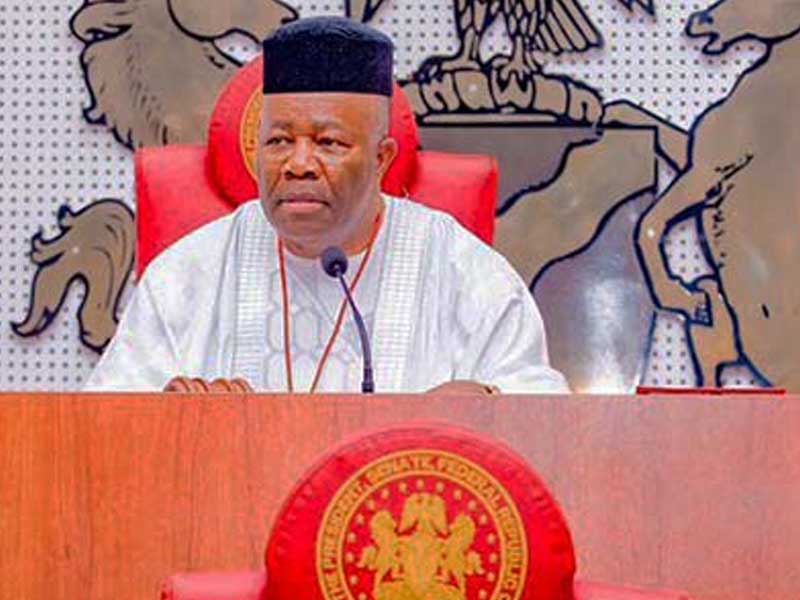

 Sports1 day ago
Sports1 day ago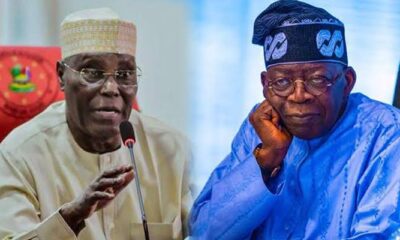
 Metro1 day ago
Metro1 day ago
 Metro12 hours ago
Metro12 hours ago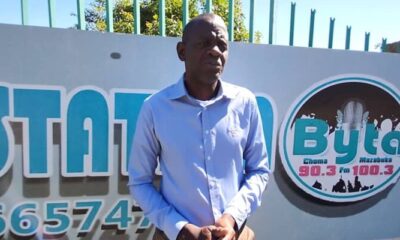
 Metro1 day ago
Metro1 day ago





